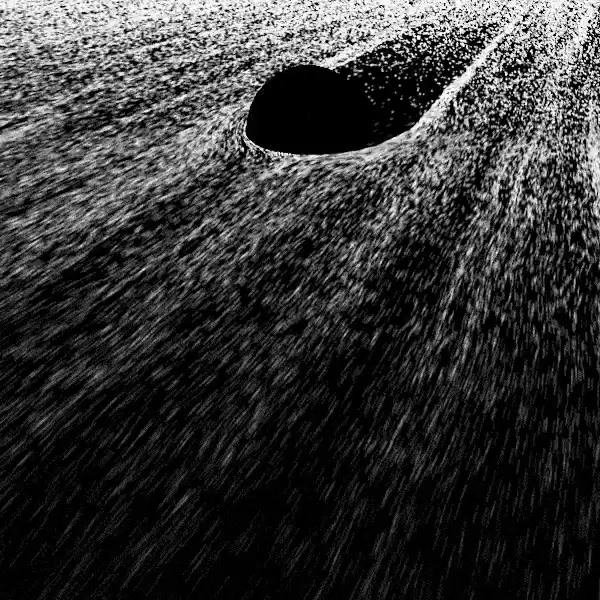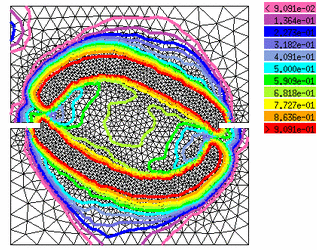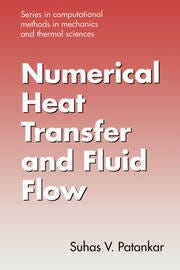Hey friends & nerds! 👋
Welcome to the Sunday Science Newsletter – in this newsletter we explore & discuss strategies, systems & tools that help us become better, smarter and more effective scientists.
❤️ Weekly Favourite Things
🎬 My Favourite Video
🤓 Wave Equation
The wave equation is a partial differential equation that describes the propagation of various types of waves.
The equation appears throughout many fields in physics, including acoustics, fluid dynamics, electromagnetism, and quantum mechanics.
The one-dimensional equation was first discovered by d’Alembert in 1746 as he studied how vibrations propagated through a string, and the two- and three-dimensional equations were solved soon after by Euler during his study of acoustics.
💦 The Potential of Machine Learning to Enhance Computational Fluid Dynamics
Machine learning is rapidly becoming a core technology for scientific computing, with numerous opportunities to advance the field of computational fluid dynamics. This paper highlights some of the areas of highest potential impact, including to accelerate direct numerical simulations, to improve turbulence closure modelling, and to develop enhanced reduced-order models.
🎙️ Fracture Mechanics & FEA Best Practices – Guillermo Giraldo
🧠 Artificial Intelligence model can detect Parkinson’s from breathing patterns
An MIT-developed device with the appearance of a Wi-Fi router uses a neural network to discern the presence and severity of one of the fastest-growing neurological diseases in the world.
💻 Engineering Tool of the Week – OOFEM
OOFEM is free finite element code with object oriented architecture for solving mechanical, transport and fluid mechanics problems that operates on various platforms.
📚 Book of the Week
Numerical Heat Transfer and Fluid Flow (Computational Methods in Mechanics & Thermal Sciences)
This book focuses on heat and mass transfer, fluid flow, chemical reaction, and other related processes that occur in engineering equipment, the natural environment, and living organisms. Using simple algebra and elementary calculus, the author develops numerical methods for predicting these processes mainly based on physical considerations. Through this approach, readers will develop a deeper understanding of the underlying physical aspects of heat transfer and fluid flow as well as improve their ability to analyze and interpret computed results.
✍️ Tweet of the Week
🙃 Meme of the Week
→ Thermodynamics 💀
🎬 Animation of the Week
❤️ Enjoy the Newsletter?
Forward to a friend and let them know where they can subscribe for free.
Anything else? Reply to send me feedback or say hi.
✍️ Closing Remarks
./sunday_science.sh is a reader-supported publication. To receive new posts every Sunday, consider becoming a free or paid subscriber.
Reach out to me via Twitter or Instagram or LinkedIn, so let’s connect!
For any business related issues or collaborations, feel free to write me an email to jousef@jousefmurad.com!
See you next week and in the meantime, make sure to keep engineering your mind! 🧠
Jousef













